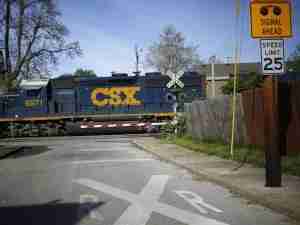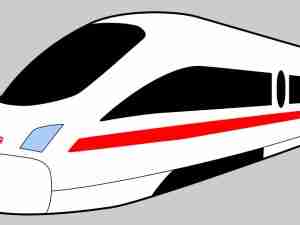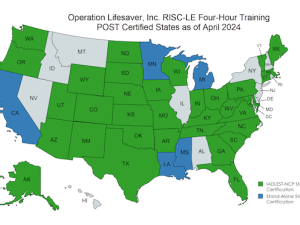Oil price drop leaves Union Pacific cautiously upbeat on economy
By: Reuters | Jan 22 2015 at 04:42 PM | Intermodal
The recent drop in oil prices has left No. 1 U.S. railroad Union Pacific Corp cautiously optimistic about U.S. economic prospects for 2015, anticipating a good year for auto sales and consumer spending, with an eye on oil output in North Dakota.
Chief Executive Jack Koraleski said the steep drop in the price of oil has so far not affected rail shipments out of the Bakken shale formation in North Dakota. Oil prices have more than halved since June amid a glut of global supply.
“The question at this point is how low can it (oil) go and how long will it stay there?” Koraleski told Reuters after the company reported a jump in quarterly profit that beat market expectations. “And then the question is how quickly will it come back?”
Altogether, around 4.5 percent of Union Pacific’s freight volumes are related to shale drilling. Of that some 1.5 percent comes from hauling the oil itself, 2.5 percent comes from fracking sand and the rest is related to drilling equipment and pipes.
Koraleski said a softening global economy was a concern moving forward and an ongoing labor dispute at West Coast ports could impact consumer goods imports in 2015. He told Reuters that projections from automotive customers of annualized sales this year of up to 17 million units were a sign of the positive outlook for the U.S. economy.
Omaha, Nebraska-based Union Pacific earned a fourth-quarter net profit of $1.43 billion, up 22 percent from $1.17 billion a year earlier.
It earned $1.61 a share, up 27 percent from the fourth quarter of 2013. Analysts expected earnings per share of $1.51.
Revenue totaled $6.15 billion, up 9 percent from a year earlier and slightly above analyst expectations of $6.1 billion.
The rise in profit came from rising freight volumes as the economy expanded and increases in the prices Union Pacific charges to haul goods. The railroad said it expects to continue raising its freight rates in 2015.
In the fourth quarter Union Pacific paid an average of $2.97 for a gallon of diesel, down 6 percent from a year earlier.
Despite a 6 percent increase in carloads, Union Pacific’s fuel bill fell more than 10 percent to $813 million from $905 million.
Throughout 2014, major U.S. railroads added locomotives and crews as they to struggled to keep up with an unexpected spike in freight demand as the U.S. economy expanded. (Reuters)







